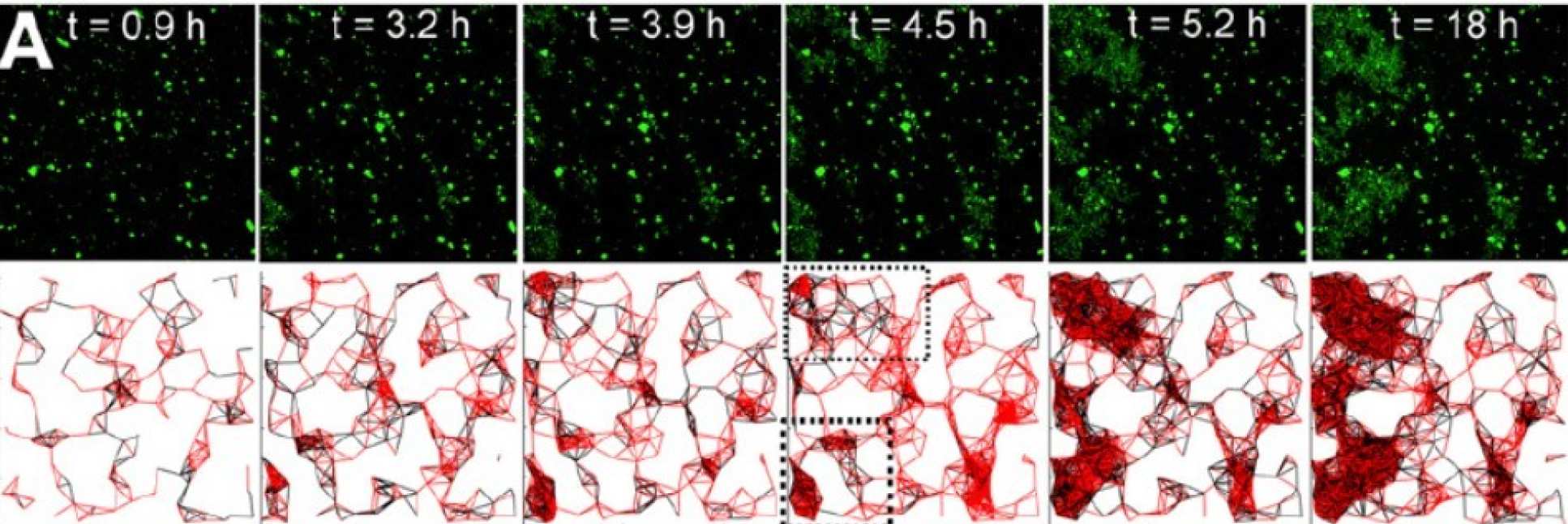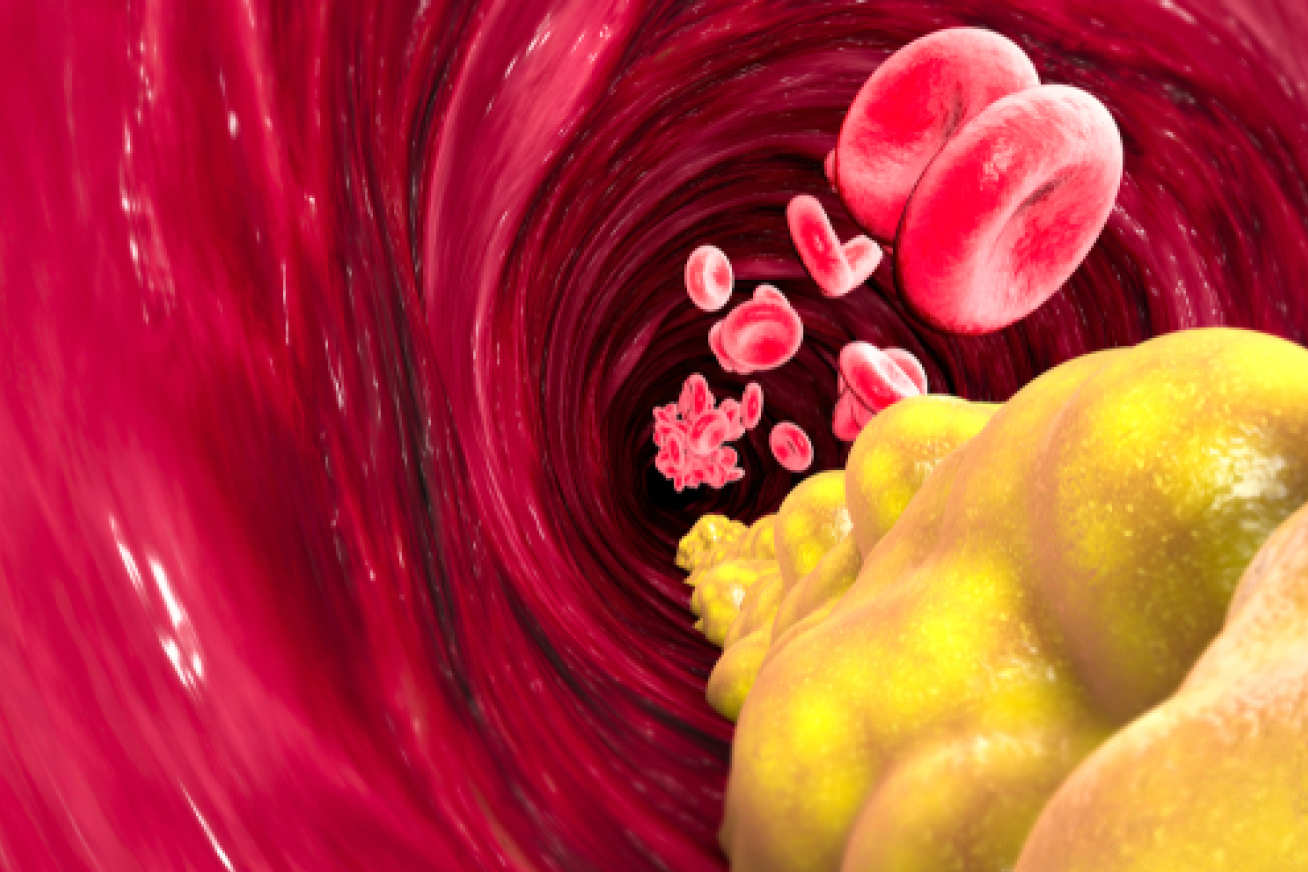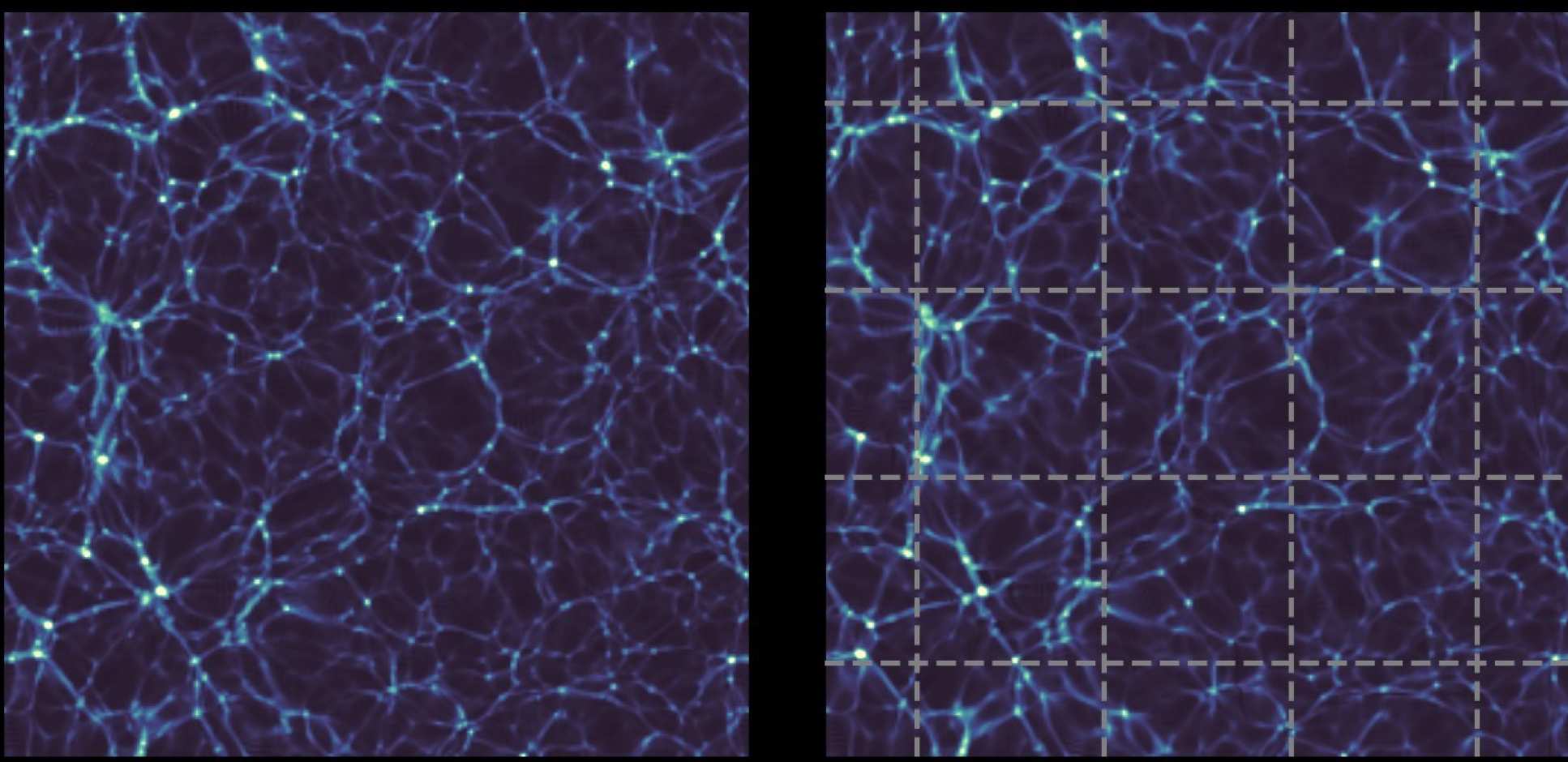Misfolded proteins and simulating the Universe: News from the College

Here’s a batch of fresh news and announcements from across Imperial.
From insights into the cause of Alzheimer's and Type 2 Diabetes, to simulating the Universe with mobile phones, here is some quick-read news from across the College.
Biophysical origins
 Amyloids are misfolded proteins whose presence can lead to diseases like Alzheimer’s and Type 2 Diabetes (T2D). Now, a new Imperial paper in PNAS has found clues about what triggers the T2D linked proteins to form amyloids.
Amyloids are misfolded proteins whose presence can lead to diseases like Alzheimer’s and Type 2 Diabetes (T2D). Now, a new Imperial paper in PNAS has found clues about what triggers the T2D linked proteins to form amyloids.
Study co-author Dr Chiu Fan Lee from Imperial’s Department of Bioengineering said: “We have shown in vitro that protein droplet formation due to demixing from the buffer solution (like oil droplet formation in water) can be the trigger for amyloid formation. These processes may also be at the heart of the pathology of T2D.”
Next, they will look into whether their findings reveal a common pathological mechanism behind other amyloid diseases like Alzheimer’s and Parkinson’s.
Read more in PNAS: ‘Liquid–liquid phase separation of type II diabetes-associated IAPP initiates hydrogelation and aggregation’
Cholesterol condition affects millions
More screening is needed to identify millions of people living with a genetic condition which increases the risk of heart attack and stroke, say Imperial researchers.

Familial hypercholesterolemia (FH) is an inherited disease that affects how the body breaks down LDL-cholesterol. But it’s unclear how many people live with the condition without knowing.
A team led by Professor Kausik Ray carried out the largest meta-analysis to date to estimate the global prevalence of FH. Their findings, published this week, reveal the condition is more prevalent than previously thought.
Dr Antonio Vallejo-Vaz, study author, said: “The number of reported cases is low. But we found that as many as 1 in every 311 people in the general population could have FH overall, what means that around 25 million people could be affected worldwide, increasing their risk of cardiovascular disease.”
Professor Ray adds: “Identifying patients with FH offers the opportunity to screen their relatives to identify new cases in the family, before they have suffered any cardiovascular disease, and where needed, potentially get them on preventative treatments, such as statins.”
Read more in Circulation: ‘Prevalence of familial hypercholesterolemia among the general population and patients with atherosclerotic cardiovascular disease: a systematic review and meta-analysis’.
The Universe on a mobile phone
Making calculations about the evolution of the Universe involves staggering numbers: we have astronomical data for a 12 billion light-year cubed volume of space, which requires the simulation of the dynamics of one trillion galaxies.
Supercomputers can run such simulations but are costly and timely since their processors cannot communicate fast enough to run the calculations efficiently in parallel. Now, researchers at Imperial, led by Dr Florent Leclercq from the Department of Physics, have invented an algorithm that overcomes this problem and breaks the Universe into chunks that can be calculated separately.

Not only does this mean the Universe could be simulated faster and in greater detail, but that the calculations could also be run across several commercial computers or even mobile phones by citizen scientists.
Find out more in the Aquila Consortium’s blog and read the full paper.
–
Want to be kept up to date on news at Imperial?
Sign up for our free quick-read daily e-newsletter, Imperial Today.

Article text (excluding photos or graphics) © Imperial College London.
Photos and graphics subject to third party copyright used with permission or © Imperial College London.
Reporter
Andrew Youngson
Communications Division
Caroline Brogan
Communications Division
Hayley Dunning
Communications Division
Ryan O'Hare
Communications Division